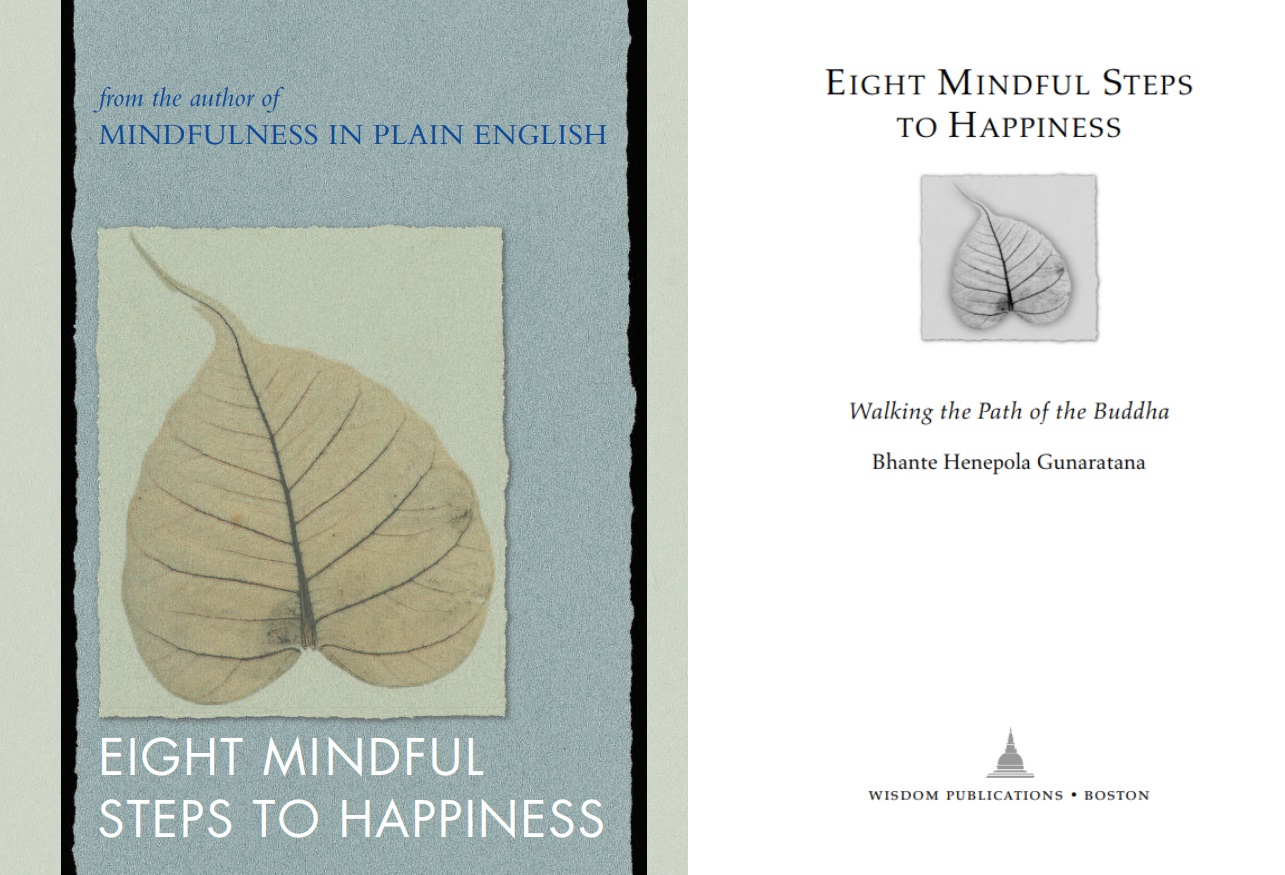
![[Pali] Samyutta Nikaya – The Collected Discourses of the Buddha – Kinh Tương Ưng Bộ](https://en.namo84000.org/wp-content/uploads/2021/03/tripitaka-p-budsas-default.jpg)
[Pali] Samyutta Nikaya – The Collected Discourses of the Buddha – Kinh Tương Ưng Bộ
The Samyutta Nikaya consists of fifty-six chapters, each governed by a unifying theme that binds together the Buddha’s suttas or discourses…
![[Pali] Khuddaka Nikaya – Smaller Collection Discourses of the Buddha, Division of Short Books, Minor Collection – Kinh Tiểu Bộ](https://en.namo84000.org/wp-content/uploads/2021/03/tripitaka-p-budsas-default.jpg)
[Pali] Khuddaka Nikaya – Smaller Collection Discourses of the Buddha, Division of Short Books, Minor Collection – Kinh Tiểu Bộ
The Khuddaka Nikaya, the fifth division of the Sutta Pitaka, is a wide-ranging collection of fifteen books (eighteen in the Burmese Tipitaka) containing complete suttas, verses, and smaller fragments of Dhamma teachings…
![[Pali] Dhammasangani, Dhammasaṅgaṇī – Buddhist Psychological Ethics – Bộ Pháp Tụ](https://en.namo84000.org/wp-content/uploads/2021/03/tripitaka-p-budsas-default.jpg)
[Pali] Dhammasangani, Dhammasaṅgaṇī – Buddhist Psychological Ethics – Bộ Pháp Tụ
The Dhammasangani, also known as the Dhammasaṅgaha, is a Buddhist scripture, part of the Pali Canon of Theravada Buddhism. It is the first of the seven texts of the Abhidhamma Pitaka.
![[Pali] Vibhanga, Vibhaṅga – The Book of Analysis – Bộ Phân Tích](https://en.namo84000.org/wp-content/uploads/2021/03/tripitaka-p-budsas-default.jpg)
[Pali] Vibhanga, Vibhaṅga – The Book of Analysis – Bộ Phân Tích
Vibhahga deals specifically with a number of these topics, showing in some both the method of analysis and the definitions used by the Buddha in general discourses (Suttantabhajaniya) and the technical analysis and definitions (Abhidhammabhajaniya) used when the same matter was discussed from a strictly philosophical aspect.
![[Pali] Patthana, Tikapaṭṭhāna – Conditional Relations – Bộ Vị Trí](https://en.namo84000.org/wp-content/uploads/2021/03/tripitaka-p-budsas-default.jpg)
[Pali] Patthana, Tikapaṭṭhāna – Conditional Relations – Bộ Vị Trí
The Patthana is indeed, deep and profound and so it is really difficult to conveive of it completely on one’s own. But the Buddha provided a method so that, on that basis, there would be no difficulty in grasping the subject. That method is none other than the table of Contents (the Triplets and Couplets) expounded at the beginning of Dhammasangani.
![[Pali] Dhatukatha, Dhātukathā – Discourse on Elements – Bộ Chất Ngữ](https://en.namo84000.org/wp-content/uploads/2021/03/tripitaka-p-budsas-default.jpg)
[Pali] Dhatukatha, Dhātukathā – Discourse on Elements – Bộ Chất Ngữ
It is extremely difficult for one to become a Supremely Enlightened Buddha. First o f all one must have qualified oneself to receive the prediction from a living Buddha. This, too, is difficult because the following eight conditions have to be satisfied…
![[Pali] Puggalapannatti, Puggalapaññatti – A Designation of Human Types – Bộ Nhân Chế Định](https://en.namo84000.org/wp-content/uploads/2021/03/tripitaka-p-budsas-default.jpg)
[Pali] Puggalapannatti, Puggalapaññatti – A Designation of Human Types – Bộ Nhân Chế Định
A Puggalavadin’s view is that the person is known in thesense of a real and ultimate fact, but he is not known inthe same way as other real and ultimate facts are known.*“ He or she is known in the sense of a real and ultimate fact,and his material quality is also known in the sense of areal and ultimate fact.
![[Pali] Kathavatthu, Kathāvatthu – Points of Controversy – Bộ Ngữ Tông](https://en.namo84000.org/wp-content/uploads/2021/03/tripitaka-p-budsas-default.jpg)
[Pali] Kathavatthu, Kathāvatthu – Points of Controversy – Bộ Ngữ Tông
Kathavatthu is a Buddhist scripture, one of the seven books in the Theravada Abhidhamma Pitaka.
![[Pali] Yamaka – The Book of Pairs – Bộ Song Đối](https://en.namo84000.org/wp-content/uploads/2021/03/tripitaka-p-budsas-default.jpg)
[Pali] Yamaka – The Book of Pairs – Bộ Song Đối
The Yamaka is a text of the Pali Canon, the scriptures of Theravada Buddhism. It is a text on applied logic and analysis included in the …
Guide to Tipitaka – Chapter X: Abhidhamma Pitaka
GUIDE TO TIPITAKA Compiled by Professor Ko Lay & Edited by Editorial Committee BURMA PITAKA ASSOCIATION 1986 Chapter X –…
